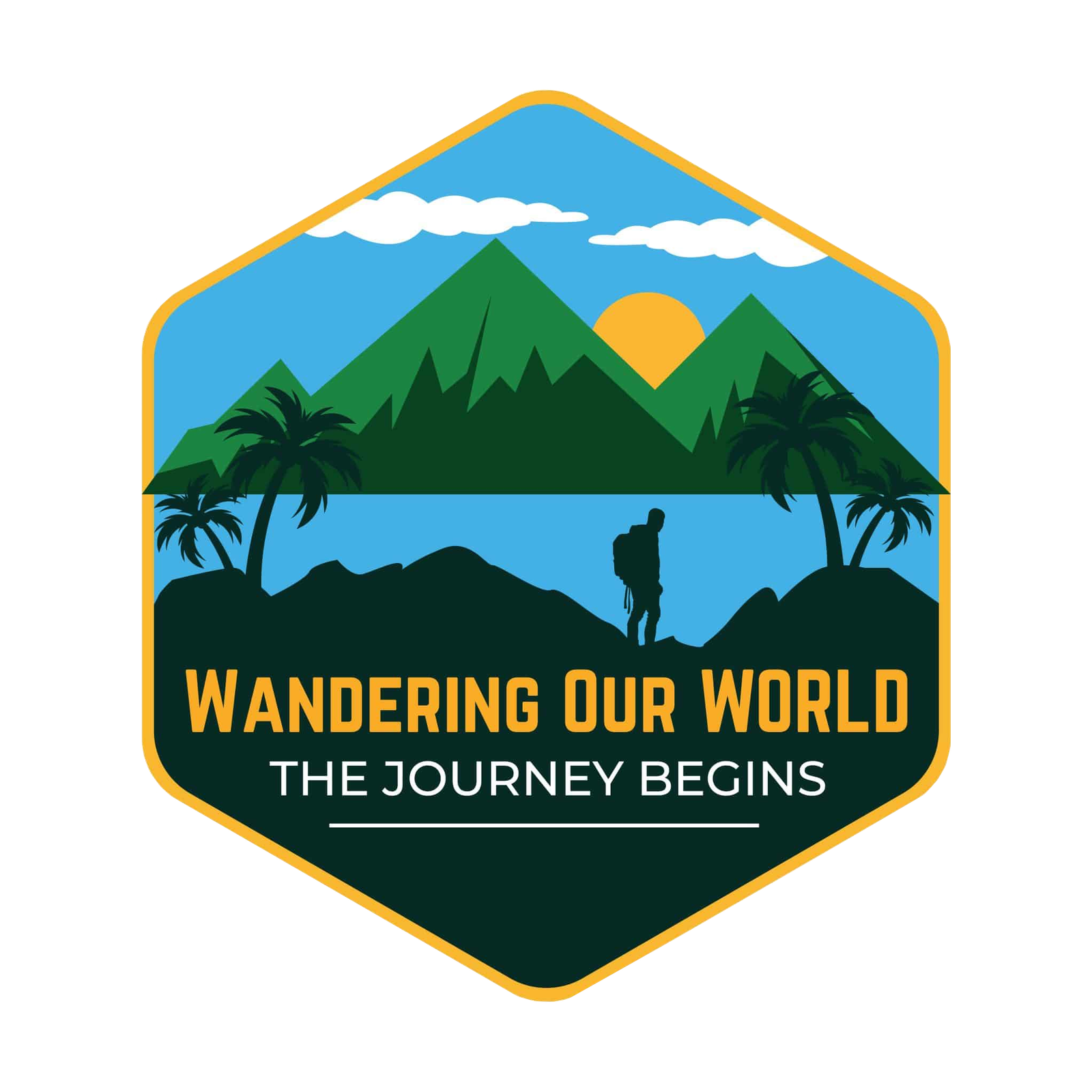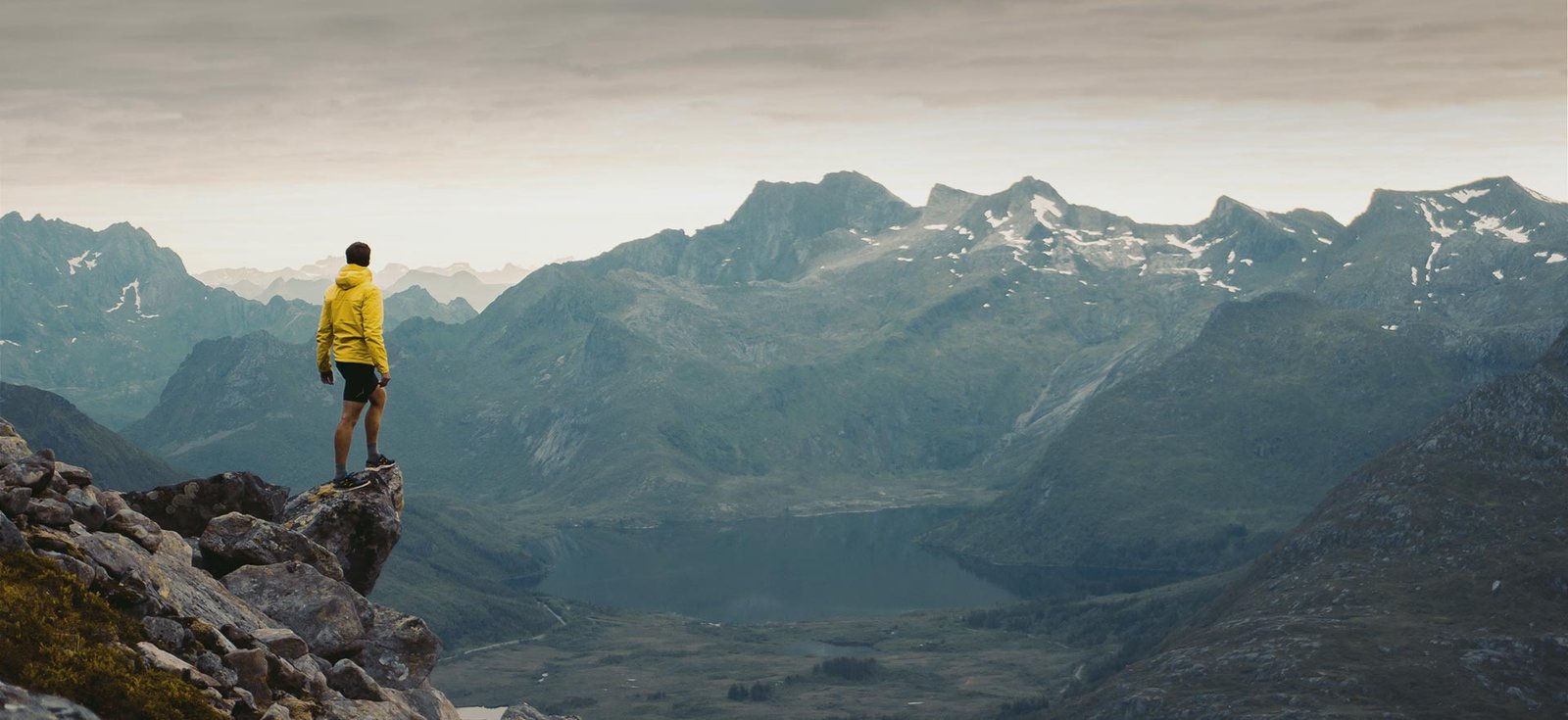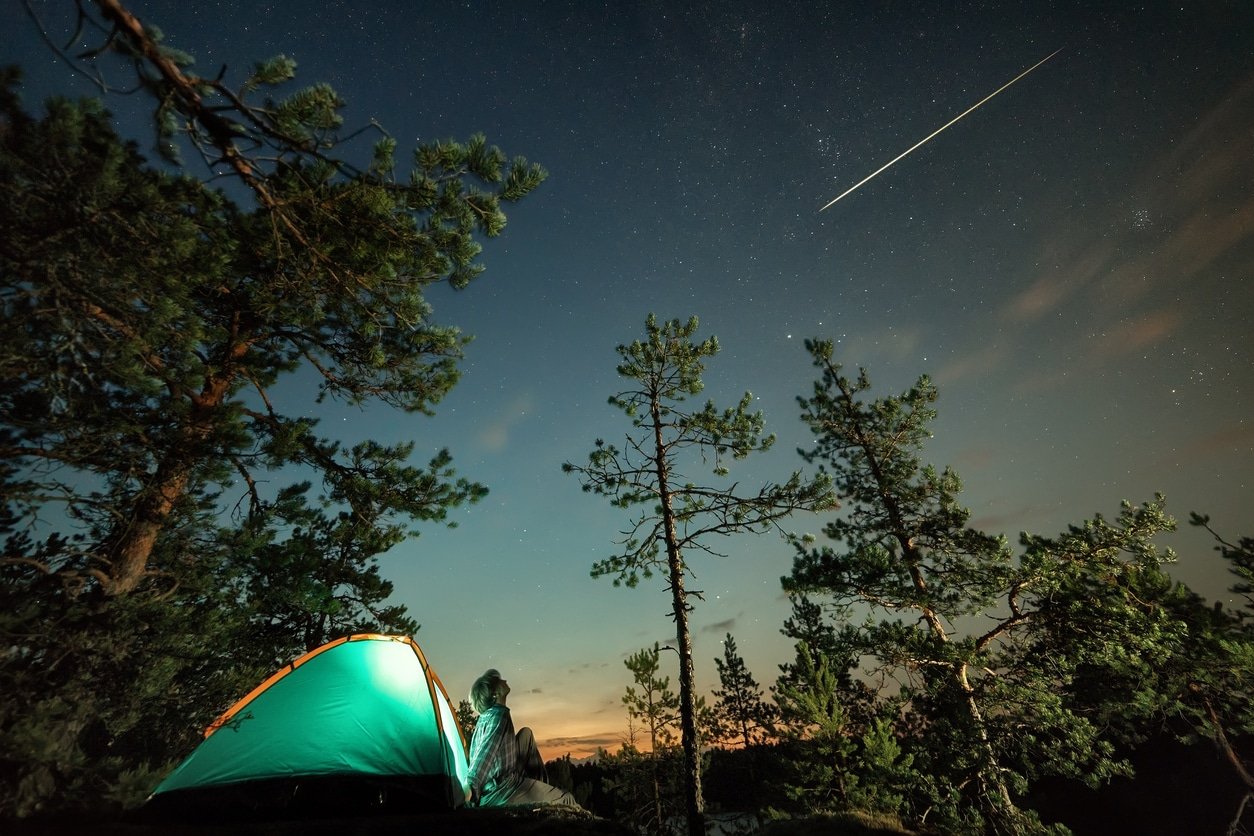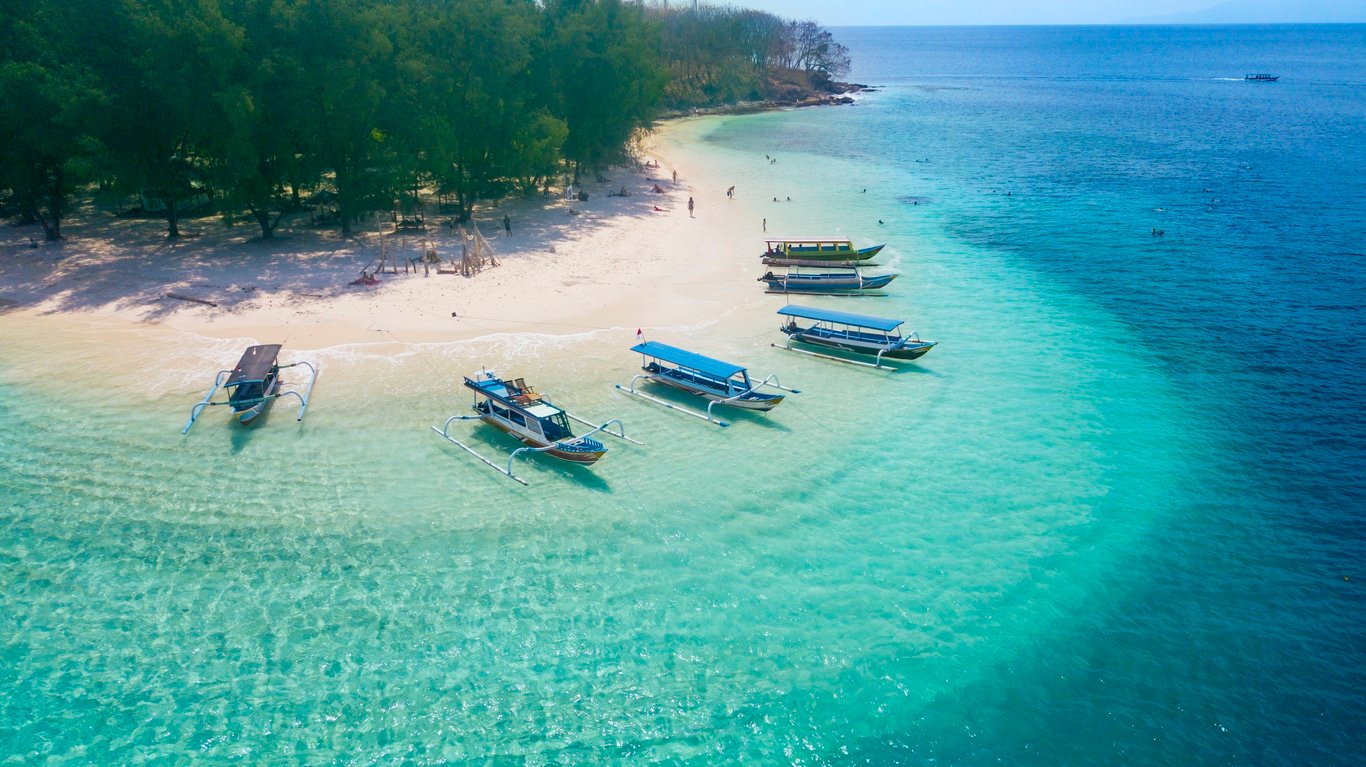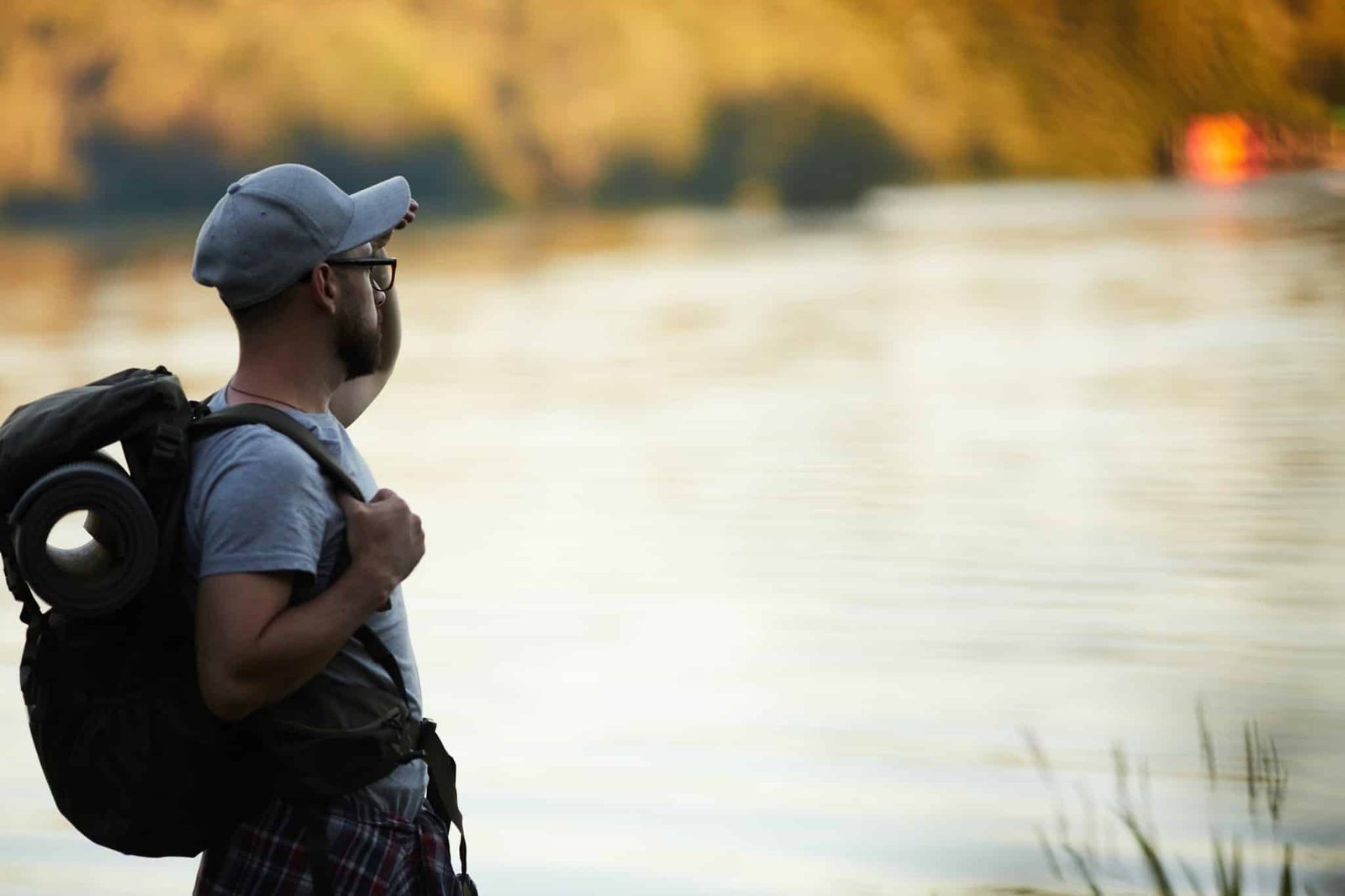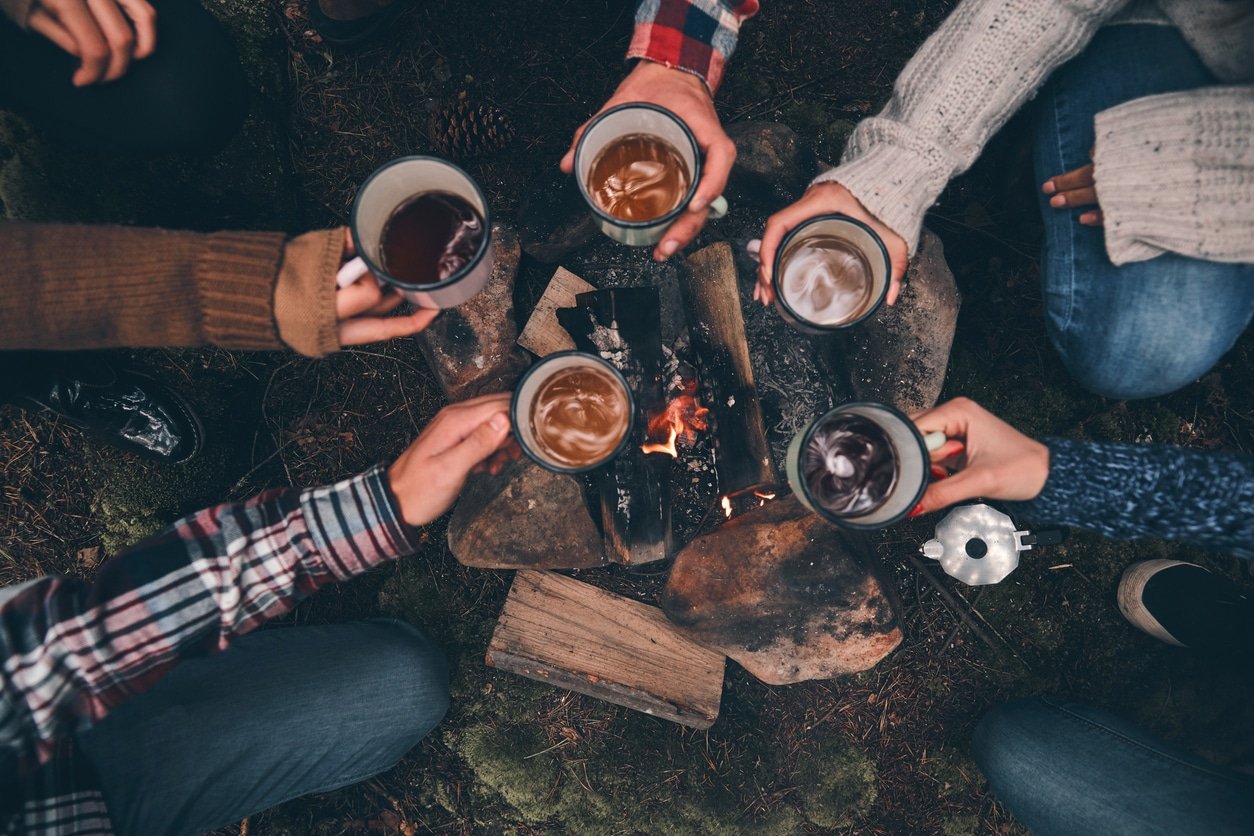Wild Camping In Lithuania: The Rules, Tips & What You Need To Know!
As we’ve written in previous articles, one of the best ways to see and really experience a country is through wild camping – and with it’s stunning forests and rural landscape, wild camping in Lithuania is no exception!
Like the other Baltic nations, Lithuania has a relatively relaxed view of wild camping, or free camping, although there are some rules that you must abide by or you could end up with a visit to the local policija to pay a fine.
In general though, camping is an activity that many locals also participate in, and wild camping is tolerated in the areas where it is allowed.
So read on to find out where you can and cannot camp. It’s time to start your wild camping in Lithuania adventure!
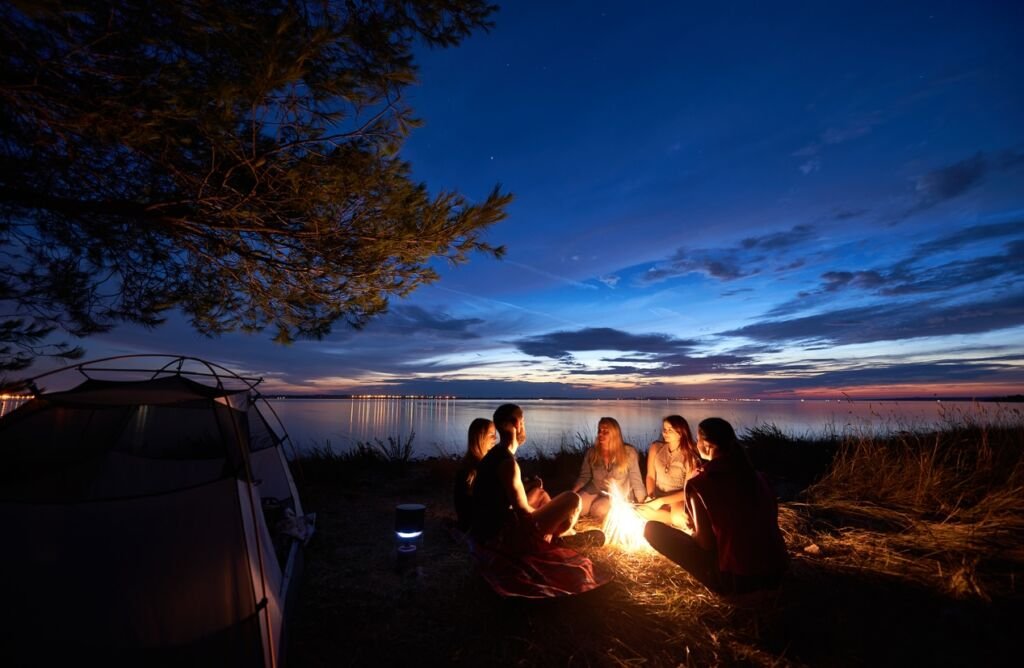
Is Wild Camping In Lithuania Legal?
DISCLAIMER: Below we give general advice, but we always recommend staying in an official campsite. If you choose to go wild camping/dispersed camping, then make sure you do so with someone who already knows the area where you’re planning on camping for your own safety.
So good news – wild camping in Lithuania is legal. However there are some important caveats. For example, camping is only allowed in certain areas.
With that in mind, it’s probably easiest to start with where you are not allowed to camp.
Protected areas are strictly off limits, these include regional and national parks, nature reserves, and camping on beaches near the shore. A map like this one may be useful as it will help you find areas that are prohibited.
However camping on the beach is allowed in some cases – if you really want to camp on the beach, the best thing to do is ask the local authority what is permitted in their region as it can and does vary.
All of the Curonian Spit is classed as a protected area though, and you are not permitted to wild camp anywhere on it.
Park officials commonly check popular illegal wild camping spots – especially at the weekend – and are quick to fine those who violate the no-camping laws.
The one exception to camping in protected areas would be camping in a registered and designated camp site – although that wouldn’t really be wild camping. But it’s still a great and cheap option.
You also should not camp in urban areas, or near buildings.
To see where these protected areas are, you can check out a map of the country that highlights them by checking this link.
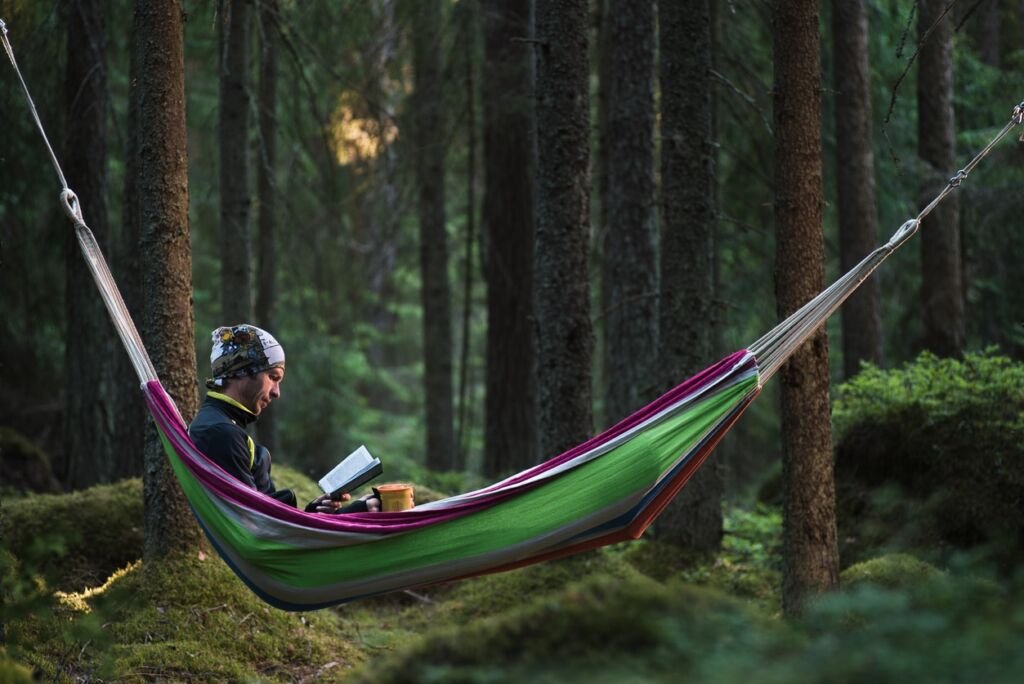
Therefore if you avoid any of the protected and urban areas outlined above, then you can camp in Lithuania legally and without any trouble from police and (hopefully!) locals.
As for campfires, it’s best to avoid making them wherever you are in the country – they are not encouraged, and wild fires can take off quickly in summer. You might want to think about bringing a storm cooker with you for cooking. They tend to be safe, and are often fine to use – but you should check local laws first. Our recommendation is a storm cooker made by the Swedish Trangia brand. These fantastic pieces of equipment are super durable, lightweight and there’s usually one to fit all budgets.
If you wish to camp without using fuel and no smoke at all, a solar cooker would fit the bill. They use just the sun to cook food, and a lot quicker than you’d think.
While Lithuania can have some perfect weather for camping, it’s still susceptible to typical continental European weather. Therefore a rainproof and storm-proof tent is an absolute must have. We’d recommend either this BFULL tent, or this Hillman tent. Both are super lightweight, will keep out the rain (and mosquitos!) and are great value for money.
As for other tips on wild camping in Lithuania, we cover that in the section below:
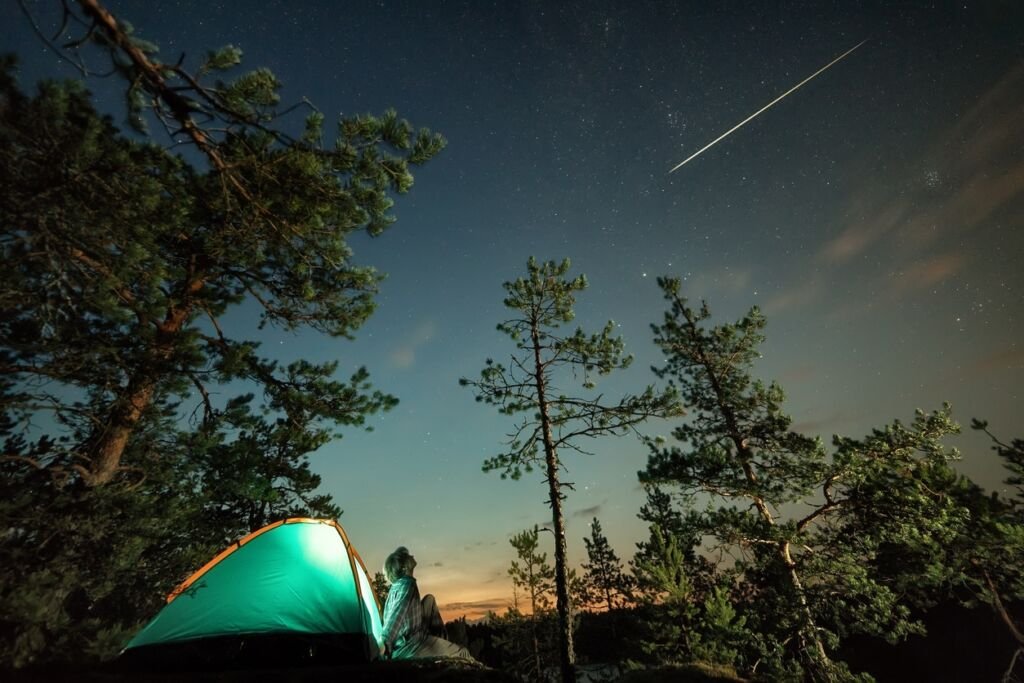
Some General Tips For Wild Camping In Lithuania:
- Choose a rural spot to pitch your tent, one where it is unlikely you will be disturbed – for example, in the countryside far from settlements.
- If you are hiking a popular walking route, make sure you choose to camp in a place that won’t be in any other hiker’s or walker’s way.
- Do not camp on private land, near buildings, settlements, or on any land that appears to be cultivated.
- Avoid camping in restricted areas, as mentioned further up in this article.
- If you wish to camp on farmland, or area that could be private – seek out the landowner and ask permission. Some will be fine with it, some may ask for a small fee.
- Set up your tent at dusk, and take it down at dawn. Stay no longer than one or two nights at most in the same place before moving on. A tent that pitches in just a few minutes, like this one, is best.
- Take any trash with you, and leave your camping spot the way you found it – if wild campers treat the country well, then camping will continue to be tolerated.
- Make sure your tent is mosquito proof. Mosquitoes in the Baltic countries are vicious little things and there are many of them!
- When going to the toilet you should do it far from water sources, such as rivers and lakes. Make sure to use a trowel (such as this folding one) to bury any human waste, don’t just leave it out in the open.
- Like many rugged and wild rural areas around the world, there are flora and fauna to be aware of in Lithuania. So read up and make sure you know what to expect in the region or area you are planning to wild camp in.
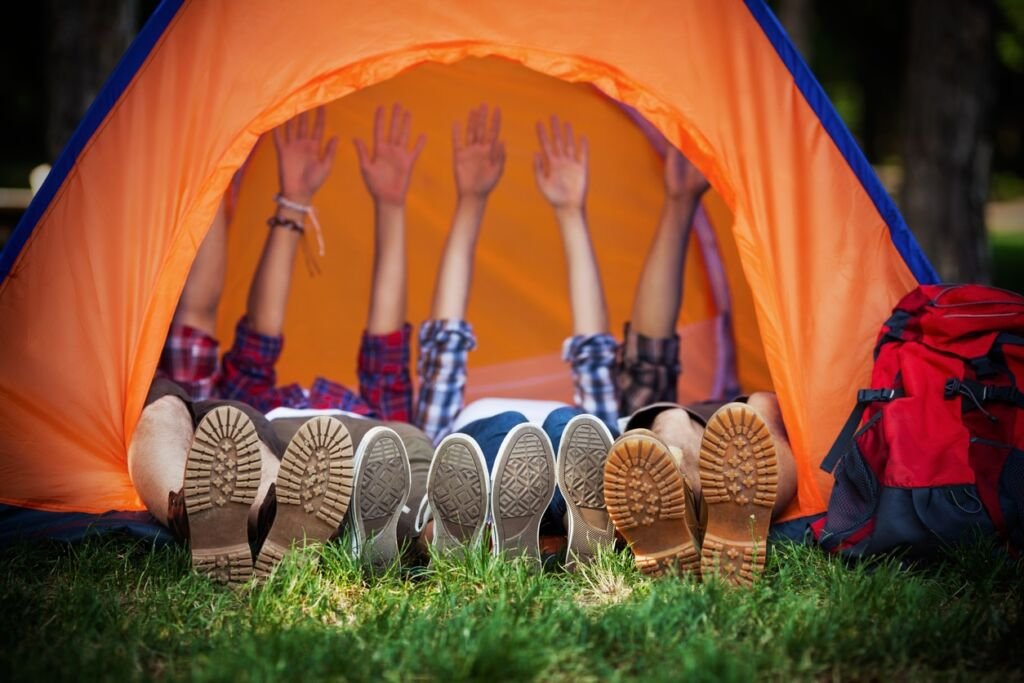
Recommended Reading For Your Trip To Lithuania
Tempted to go wild camping elsewhere? Check out our guides to wild camping in Andorra, Estonia, Finland, Latvia, Norway and many others!
*This article may contain affiliate links which allows Wandering our World to make a small commission on any sales made – and keep the coffee flowing! It involves no extra cost to yourself. We only recommend products we believe in.
